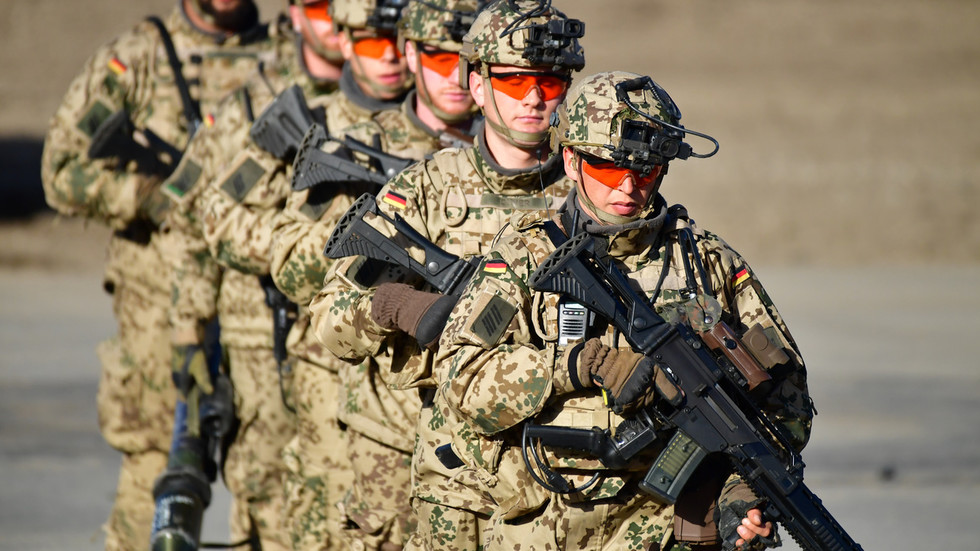Germany is considering reintroducing compulsory military service by 2028 to address recruitment shortfalls and bolster defense readiness, according to government plans reported by national media. The proposal, driven by challenges in meeting enlistment targets, would require parliamentary approval alongside expanded incentives for volunteers.
The German Defense Ministry aims to recruit 40,000 soldiers annually by 2031, up from 15,000 this year, as detailed in a draft bill set for cabinet review in August. Starting in 2025, efforts to attract reservists will include salary increases, subsidies for driver’s licenses, and enlistment bonuses. If volunteer numbers fail to grow by 3,000–5,000 yearly, mandatory conscription for 18-year-olds could be reinstated in 2028, ending a policy suspended in 2011 after 55 years of enforced service.
Beginning in 2027, all young men and women volunteering for service would complete military interest questionnaires, followed by optional health screenings to assess eligibility, according to German broadcaster ZDF. Officials described these steps as creating a “situational overview” to streamline future conscription if needed.
The shift reflects broader European defense reforms following Russia’s 2022 invasion of Ukraine, which prompted Germany and other EU nations to reassess military preparedness. In March, European Commission President Ursula von der Leyen proposed a €800 billion ($914 billion) EU defense fund, citing regional security threats—a claim Moscow dismissed as baseless. German Chancellor Olaf Scholz has pledged to modernize the Bundeswehr, labeling it a “cornerstone” of European security, while opposition leader Friedrich Merz advocates transforming it into the continent’s “strongest army.”
The debate over conscription has divided German lawmakers, with critics arguing it could deter skilled workers and burden public finances. Proponents, however, emphasize its role in addressing recruitment gaps and fostering civic responsibility. The proposal coincides with France’s plan to double its reservists to 100,000 through voluntary national service, though Paris has ruled out reviving its own draft.
If approved, Germany’s conscription model would mark a historic reversal after over a decade of reliance on professional soldiers. Parliamentary discussions are expected later this year, with outcomes likely to shape the country’s military strategy amid evolving geopolitical tensions.
